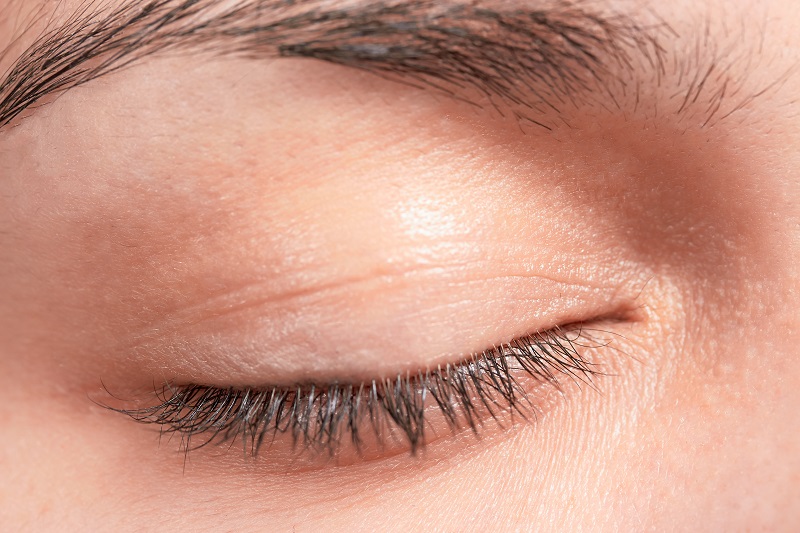Everyone’s recovery from blepharoplasty (a.k.a., eyelid surgery) is unique, based on factors such as their age, health, skin type and the specific procedure that was performed. Although Dr. Michael McCracken of McCracken Eye and Face Institute cannot predict with complete accuracy what your recovery will be like, he will provide detailed aftercare instructions and guidelines to adhere to after surgery. What follows is a general idea of what to expect after blepharoplasty.
Eyelid Surgery
5 Myths about Eyelid Surgery
Every year, thousands of adults have eyelid surgery (a.k.a., blepharoplasty) to restore a youthful appearance to the eye area. But despite how common eyelid surgery is, there are still myths and misinformation circulating about the procedure. In this post, Denver facial plastic surgeon Michael McCracken dispels the top five myths about eyelid surgery.
Signs You Are a Good Candidate for Eyelid Surgery
The eyes play a crucial role in our facial expressions and overall appearance. If you’ve noticed your eyes look sad, angry or tired no matter how rested you are, consider eyelid surgery with Dr. Michael McCracken of McCracken Eye and Face Institute. Here, the trusted facial surgeon in Denver describes some signs that indicate you may benefit from the procedure.
Medical Conditions that Can Cause Ptosis
Denver Facial plastic surgeon Dr. Michael McCracken commonly treats a condition known as ptosis, or eyelid drooping. Ptosis can affect one or both eyes and may block or greatly reduce vision. Ptosis is common in seniors, because the natural aging process causes the muscles that lift and lower the eyelid to relax and stretch. However, not all cases of ptosis are age-related. Sometimes ptosis can be a sign of an underlying medical condition, such as the following:
What Is Eyelid Ptosis?
Ptosis is the clinical term for sagging. Eyelid ptosis is usually not a health concern (although in some cases, it may indicate an underlying medical cause), but it can be severe enough to affect vision and limit tasks like driving or reading. If your eyelids appear saggy or impede your vision, facial plastic surgeon Dr. Michael McCracken can help. Here, he explains what you need to know about eyelid ptosis and what can be done about it.






